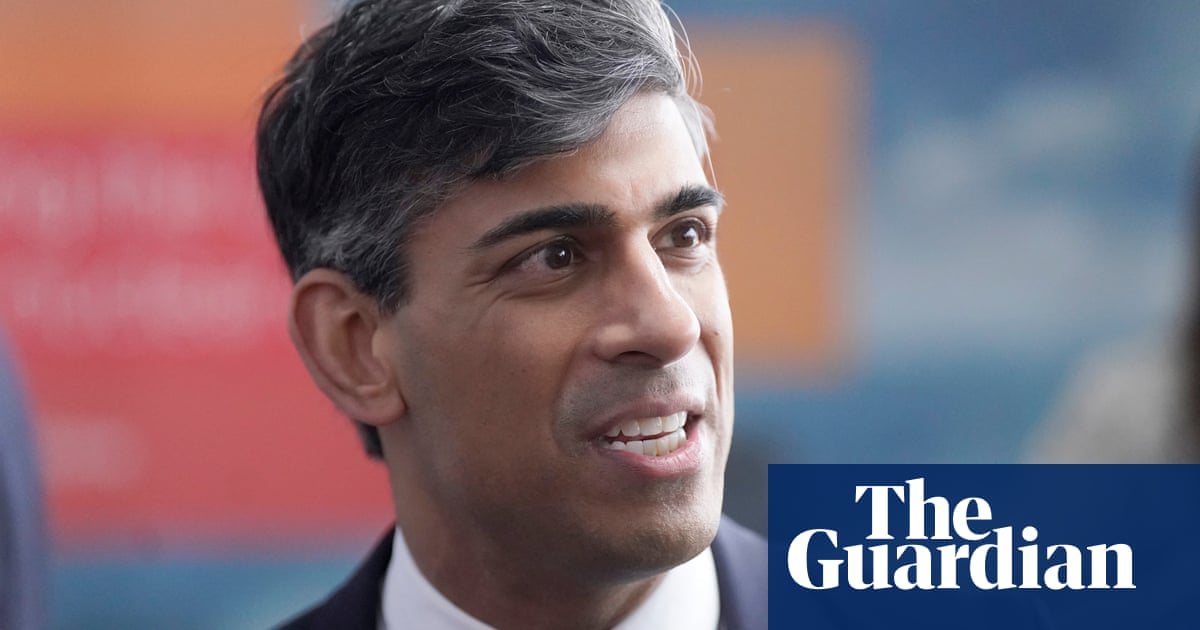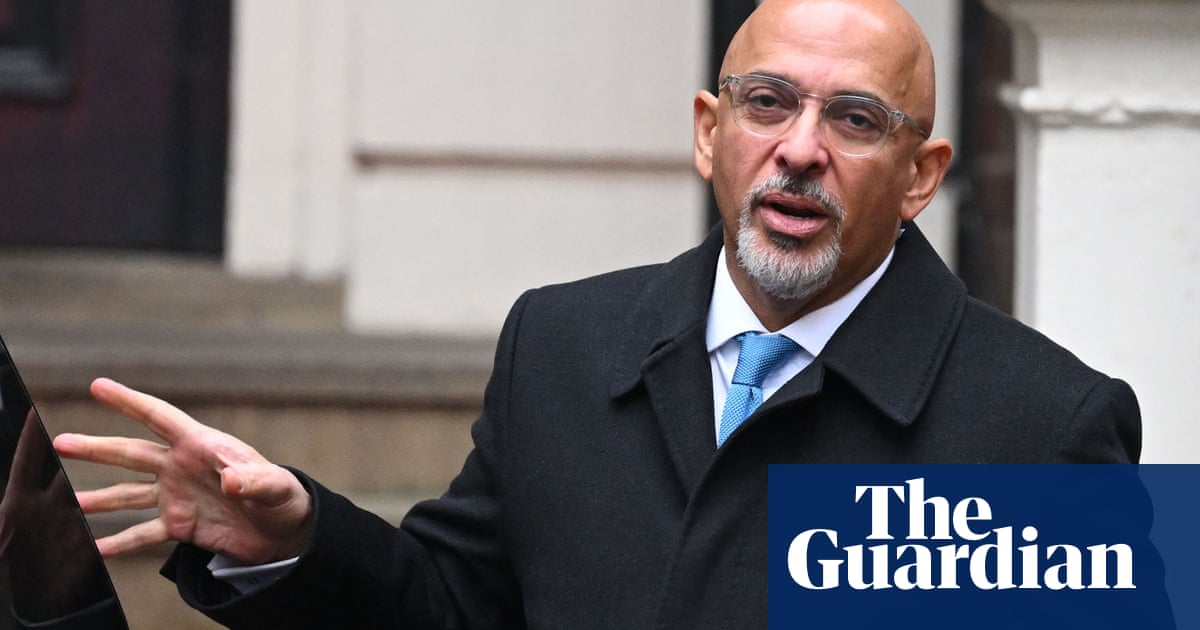
A Conservative peer was chosen to be an “independent” recruiter for a major public appointment, in a move set to increase concern at ministerial attempts to politicise the selection of regulators and chairs of public bodies.
Ministers chose the Tory politician to be a “senior independent panel member” overseeing the selection process despite a governance code that requires they “should not be currently politically active”, it has emerged.
The move was revealed by Peter Riddell, who stepped down last month as the commissioner of public appointments after five and half years. He declined to name the peer or the job in question, but said: “I had a conversation with the permanent secretary and said ‘come off it’.” The appointment was changed.
It came as Labour and the Liberal Democrats called for tougher laws to police public appointments after the Guardian revealed Riddell had to prevent ministers breaching a strict code on political neutrality and independence during the search for new chairs for the BBC, the British Film Institute and the Office for Students.
The government is currently rerunning the competition to find a chair for the broadcast regulator Ofcom after the original selection panel deemed the former Daily Mail editor Paul Dacre, a favourite government choice, “unappointable”.
Labour’s deputy leader, Angela Rayner MP, on Monday alleged ministers were trying to “install their stooges” to do their bidding in selecting candidates for high profile regulatory and oversight roles across British life from the arts to utilities.
“Whether it is public appointments or anti-corruption standards, the attitude of Boris Johnson and his ministers is always the same,” Rayner said. “The Conservatives ignore the rules, break the rules and then simply try to change the rules and override any independent scrutiny or accountability to serve their interests.”
Jamie Stone MP, Liberal Democrat spokesperson on culture, media and sport, said: “Boris Johnson should stop worrying about putting his elite friends in public bodies and start appointing people from the communities they serve. It appears that once again the only way to protect the integrity of these appointments is to place them on a statutory footing.”
A civil servant appointed to find a new social housing regulator, a post-Grenfell body intended to give tenants greater voice, was recently replaced with a Tory politician, Lord Porter. A selection panel for the new chair of the Charity Commission, includes, John Booth as an “independent” member. He has declared that he has donated a sum of money to the Conservatives in 2017.
A government spokesperson said: “Just 2% of all appointments and reappointments in the last year declared significant political activity relating to the Conservative party. Public appointments are made in line with the governance code for public appointments and the commissioner is properly consulted by ministers as required by the code.”
Under the Cabinet Office’s code, panels selecting possible candidates for significant appointments must include an independent panellist, who is not politically active. The panels produce a shortlist of appointable candidates for ministers to choose from.
Last week, Jonathan Evans, chair of the committee on standards in public life (CSPL), cited concerns about ministers “seeking to pack assessment panels with majorities of political affiliates” and called for the commissioner for public appointments to be consulted on all panellist choices.
“Candidates, the public and the government all need to trust the process,” said Dr Matthew Gill, senior fellow at the Institute for Government. “Panel independence is key to this, and the CSPL is right to recommend clarification of the commissioner’s role in reviewing the composition and conduct of panels.”












